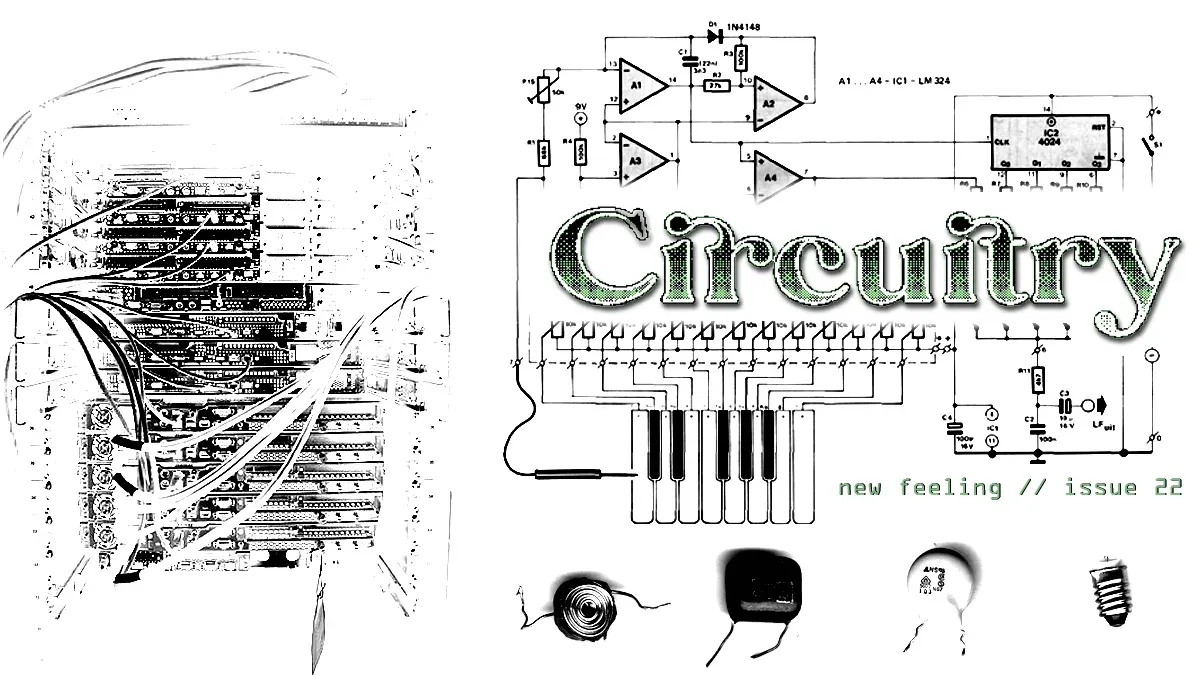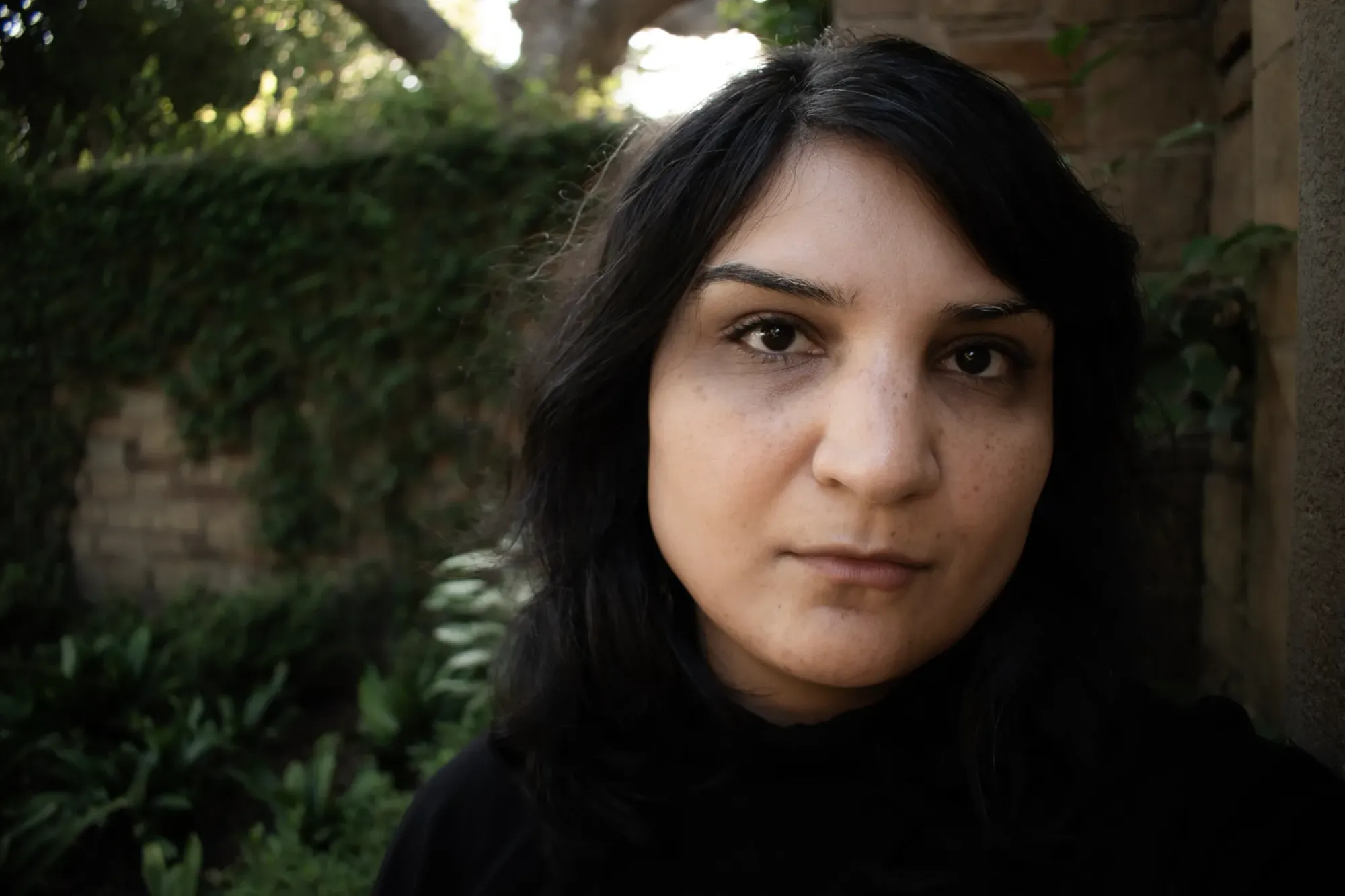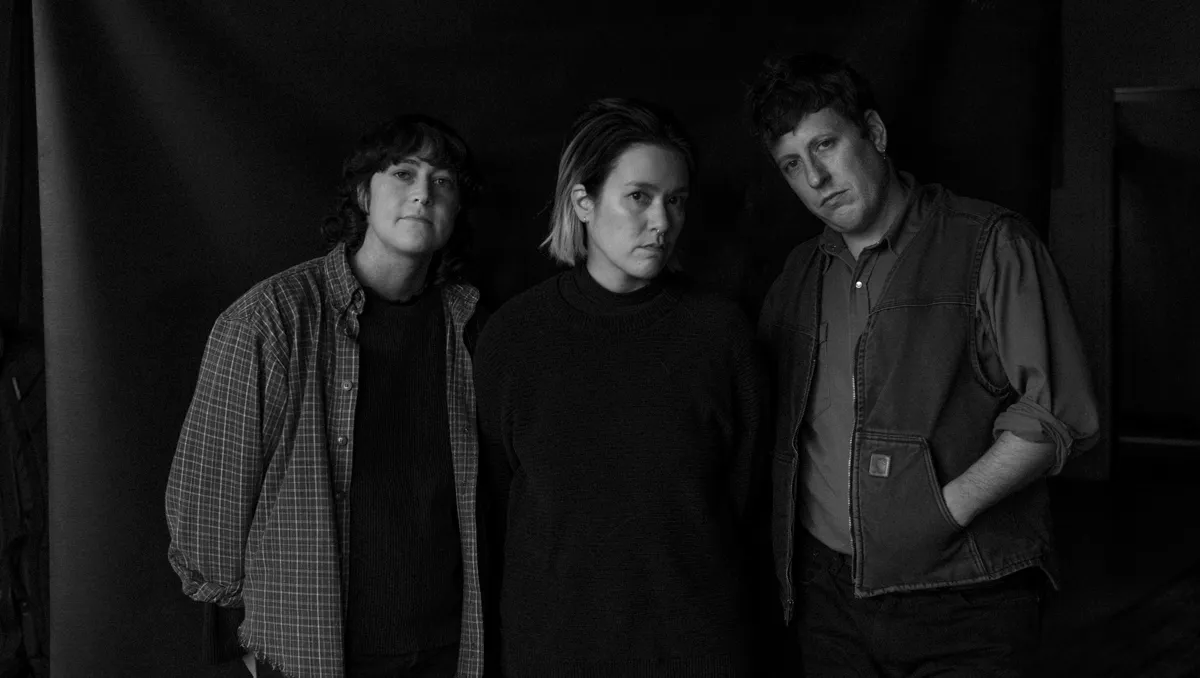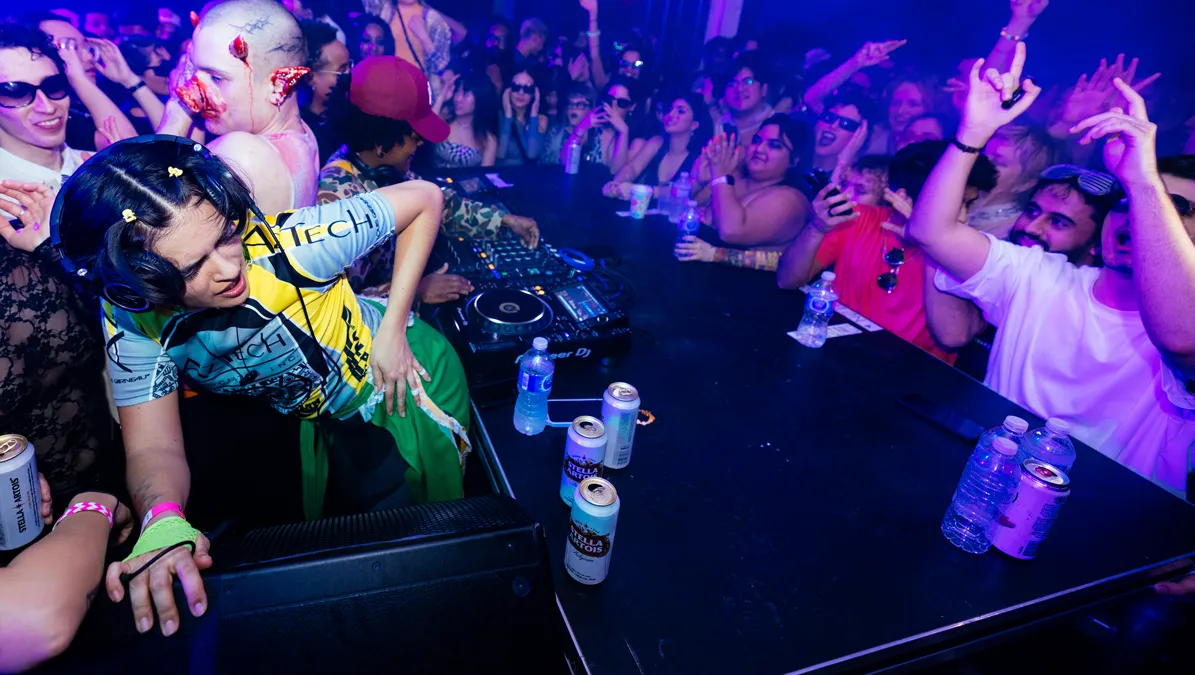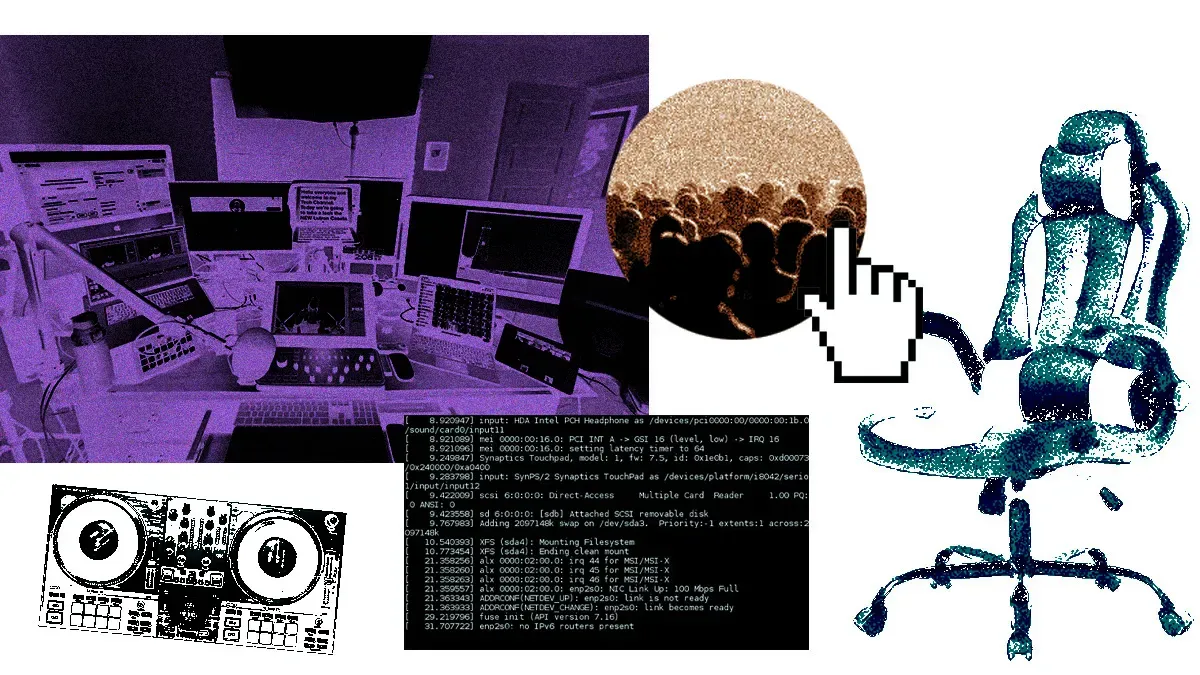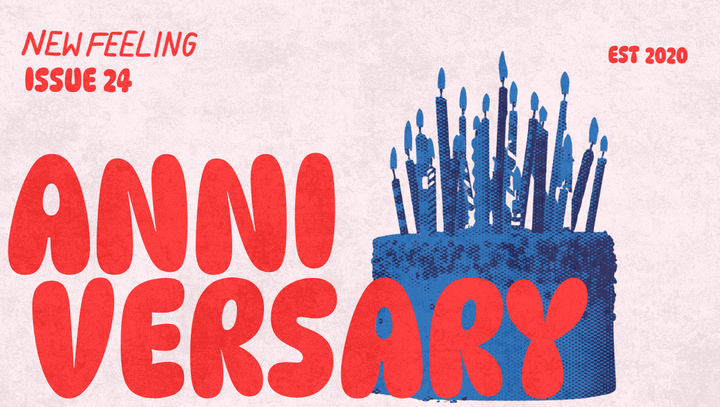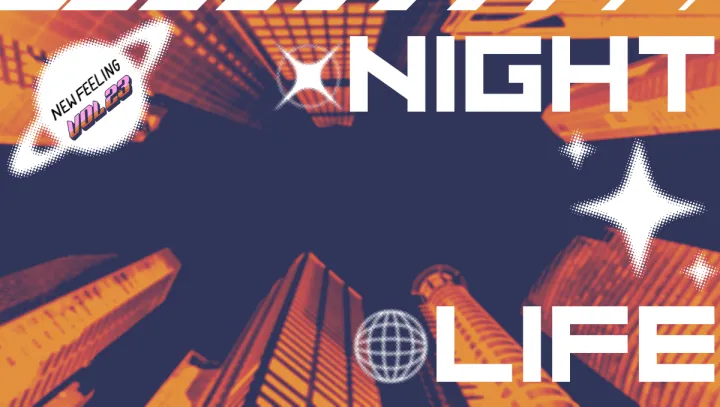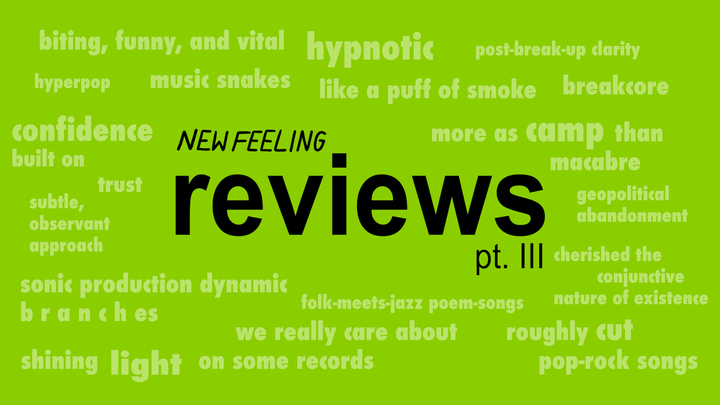ISSUE 22: CIRCUITRY
Whether exploring the “plugged-in” practices of electronic musicians or the interpersonal, cultural, technological, or political relationships that drive these artists forward, this issue reflects the complexities of a world where everything is interconnected.
“It’s an interesting question to think about who the listener is, or what the role of the listener means,” Sarah Davachi wonders out loud in a profile contributed by Michael Rancic to this issue. It’s a question that prompts a comparison to pioneering avant-garde composer Pauline Oliveros’s ideas about listening as an active and transformative practice, as well as a consideration of the ways technology shapes how we engage with sound in the contemporary environment.
Oliveros’s legacy surfaces again in Graham Latham’s story on the Montreal-based drone band BIG | BRAVE. For their latest album, OST, the pair created a unique instrument from spare piano parts. Although secondary studio instruments were involved, they were centred around the band’s homemade invention, and the results are more closely aligned with the listening-forward conditions of ’60s minimalism.
It’s a fitting coincidence that Pauline Oliveros should appear in two of this issue’s feature articles. Though it wasn’t planned, her influence — especially her philosophy of deep listening — resonates through the works of several contemporary artists featured here, underscoring the intersection of art, technology, and human connection we had in mind when we conceived an issue bundled around the theme of “Circuitry.”
Whether exploring the “plugged-in” practices of electronic musicians or the interpersonal, cultural, technological, or political relationships that drive these artists forward, this issue reflects the complexities of a world where everything is interconnected, and every sound, touch, and interaction is part of a larger web.
Daniel G. Wilson’s interview with Colombia-born, Toronto-based DJ/producer ESCOBUTT delves into how their music engages with hacker aesthetics, online sex work, and the ways Latin American dance music is evolving in the post-digital era. Meanwhile, Aurora Sol’s exploration of underground scenes across the country highlights how technological interventions brought communities together early in the pandemic and the opportunities these practices continue to pose to grassroots community building.
As we navigate the intricate, often messy circuitry of technology and human connection, this issue provides a snapshot of how artists are pushing boundaries in a world increasingly mediated from the top down.
– Tom Beedham
Editorial: Daniel G. Wilson, Tabassum Siddiqui (public editor), Michael Rancic, Leslie Ken Chu, Sarah Chodos, Tom Beedham (features editor)
Community: Daniel G. Wilson, Michael Rancic, Rosie Long Decter (lead)
Care: Tabassum Siddiqui (Public Editor), Sarah Chodos (lead), Tom Beedham
Organization: Michael Rancic, Leslie Ken Chu, Tom Beedham
Budget: Michael Rancic, Leslie Ken Chu
Web: Laura Stanley (lead), Michael Rancic, Leslie Ken Chu

